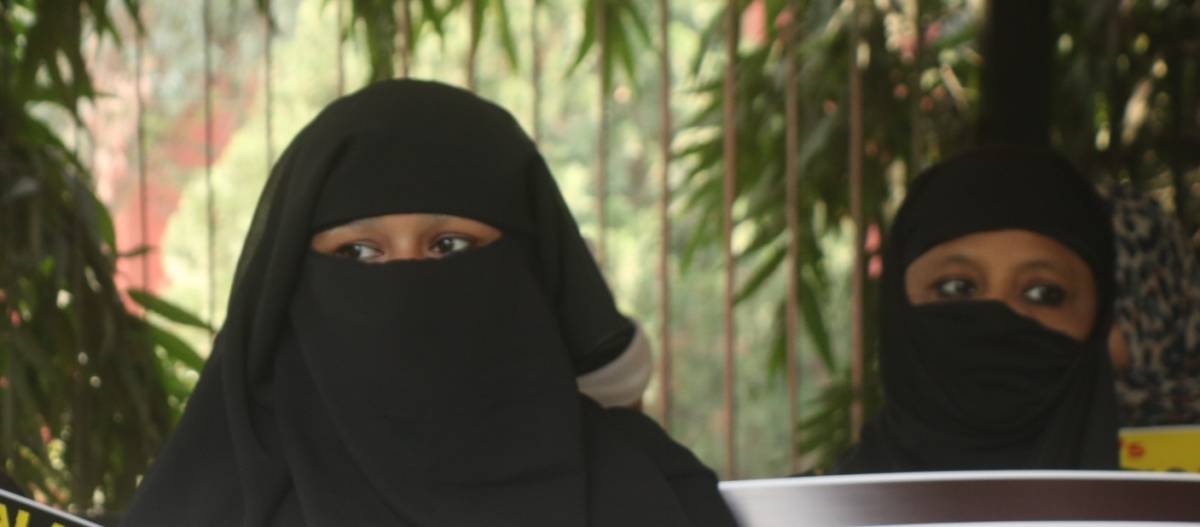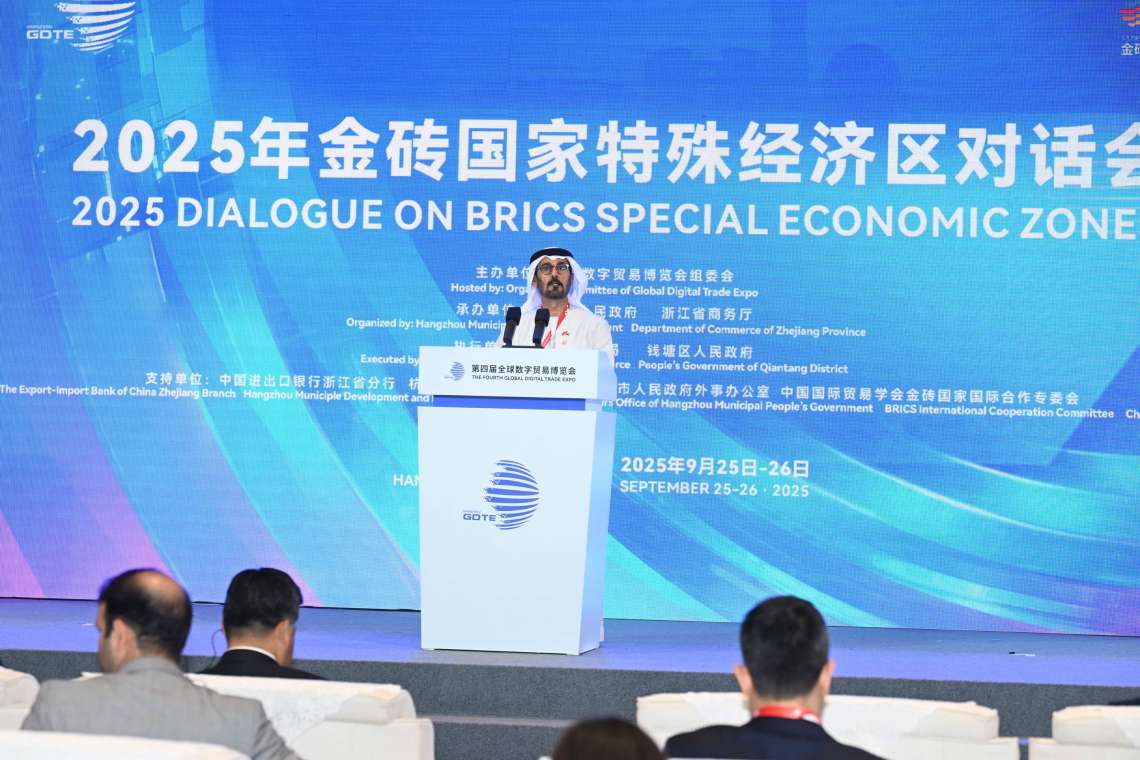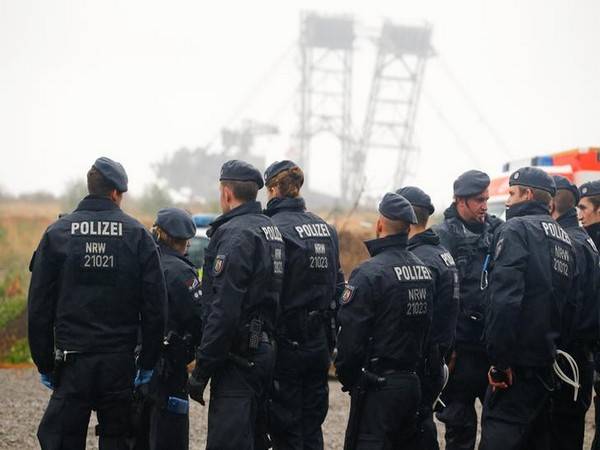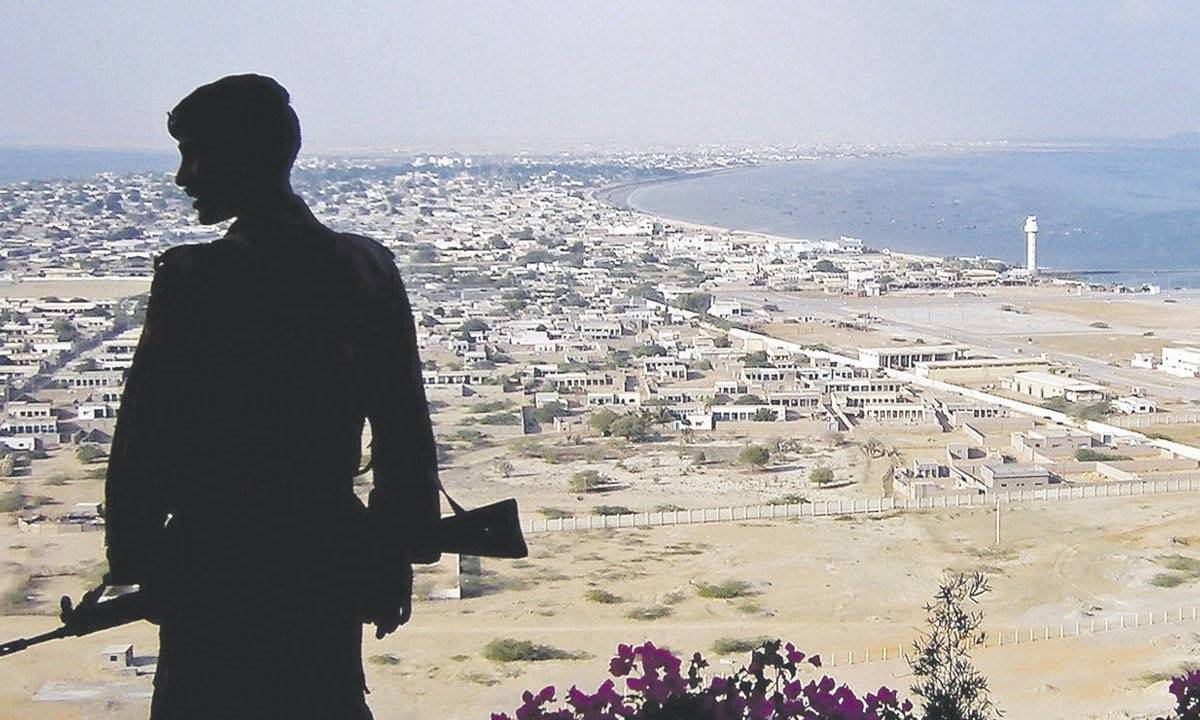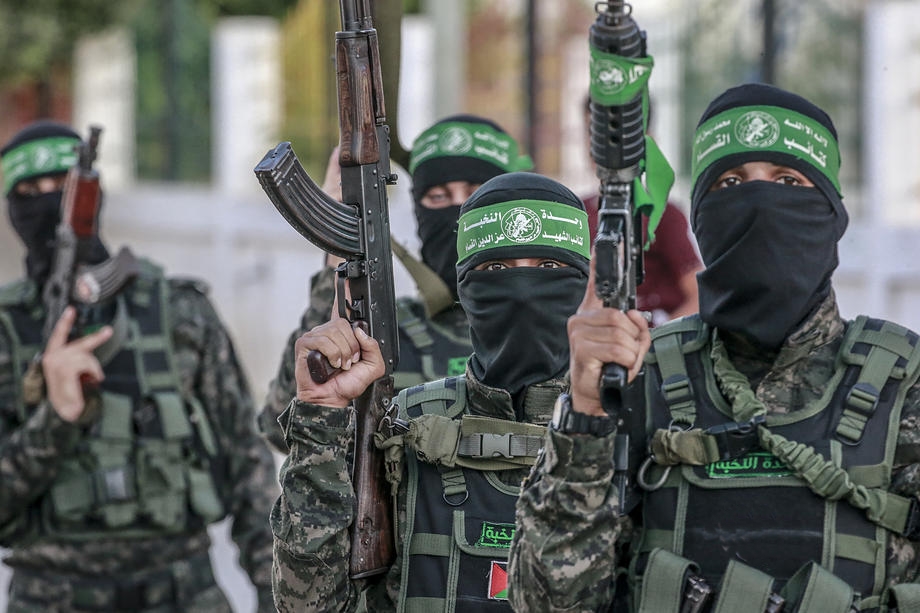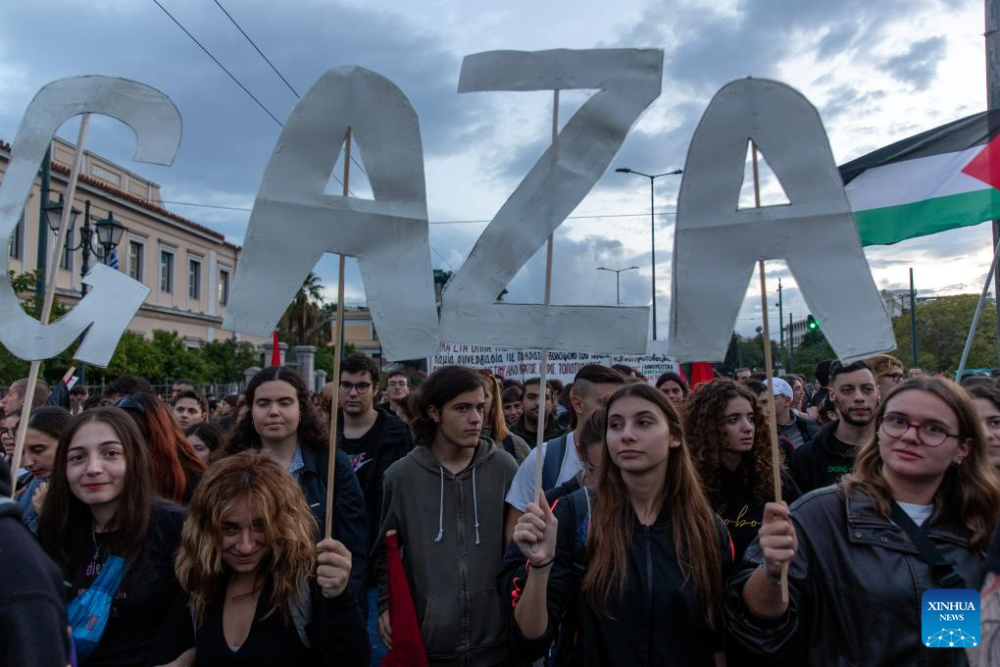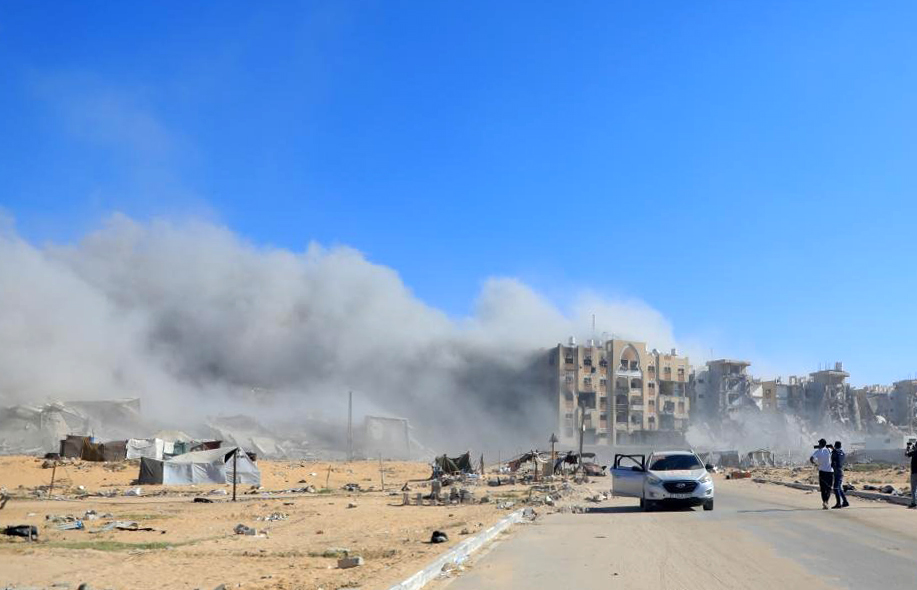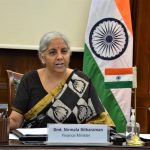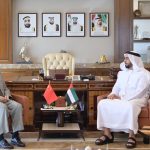OIC’s Independent Permanent Human Rights Commission said that the legislation will permit arbitrary detention of Muslims who will be subject to human rights violations without any legal oversight….reports Asian Lite News
The Organisation of Islamic Cooperation (OIC) has condemned Sri Lankan legislation that allows for the creation of “reintegration centers” as part of a campaign against violent extremist religious ideology, according to Arab News reported.
OIC’s Independent Permanent Human Rights Commission said that the legislation will permit arbitrary detention of Muslims who will be subject to human rights violations without any legal oversight.
According to the report, it also said that a newly imposed ban on the wearing of the burqa, under the pretext of counterterrorism measures, “squarely violates minorities’ rights to freedom of religion guaranteed in the International Covenant on Civil and Political Rights.”
It also expressed serious concerns over the ban, saying that such blanket measures will violate Muslim women’s religious freedom.
The commission added that such “majoritarian rhetoric and discriminatory measures are contrary to the ideals of pluralism, and counterproductive to social cohesion.”
The commission urged the Sri Lankan government to fulfil its international human rights obligations by protecting the rights of its Muslim minority to practice their religion, free from any coercion or discrimination, it was reported.
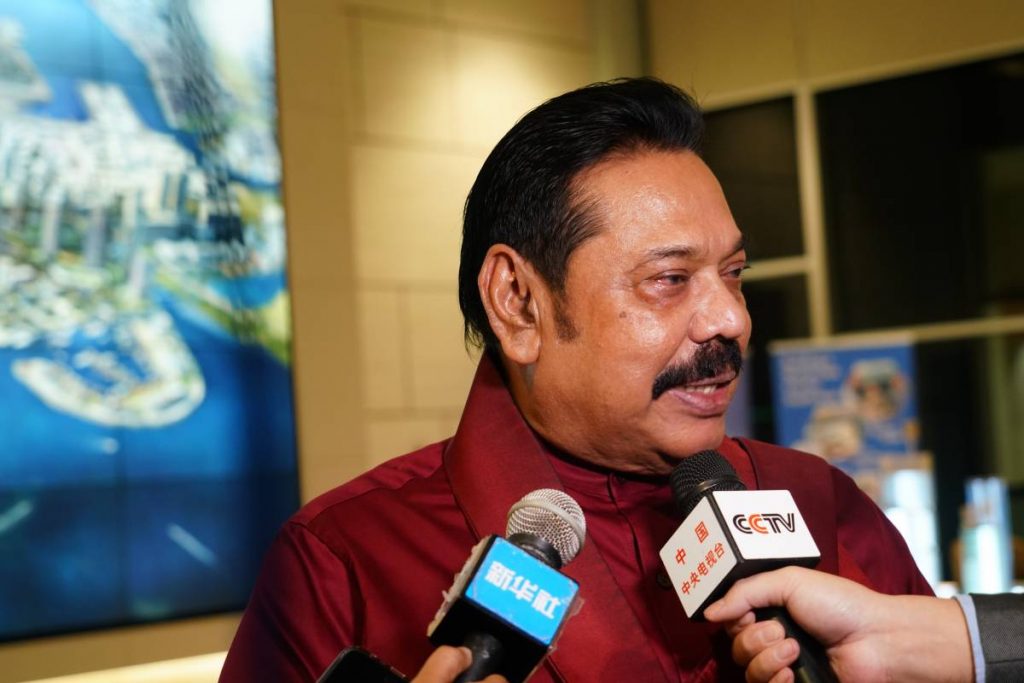
Earlier, New York-based Human Rights Watch has slammed the new “de-radicalisation” law in Sri Lanka which they see as another weapon targeting dissidents and minorities in the fractured nation, media reported.
The right group has criticised that new rules expanded the “draconian and abusive” Prevention of Terrorism Act (PTA) — which a previous government promised to scrap but never did, it was reported.
Sri Lankan President Gotabaya Rajapaksa had announced new rules under the PTA allowing the detention of anyone suspected of causing “acts of violence or religious, racial or communal disharmony”.
The Human Rights Watch has demanded that Sri Lanka should immediately withdraw the rules, which the government said was aimed at the “de-radicalisation” of religious extremists, according to reports.
Also read:UAE, UK host anti-money laundering training sessions


